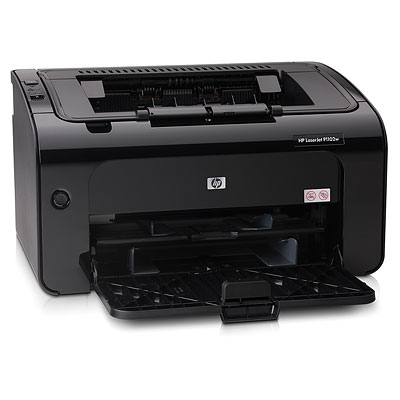Reading gmail email on macOS using fetchmail, postfix, sendmail, and alpine
This post describes the process for setting up macOS to read and store email locally –without deleting it from the remote server. The downloaded email can be read with a local application like Alpine.
The process goes like this:
- fetchmail pulls …

